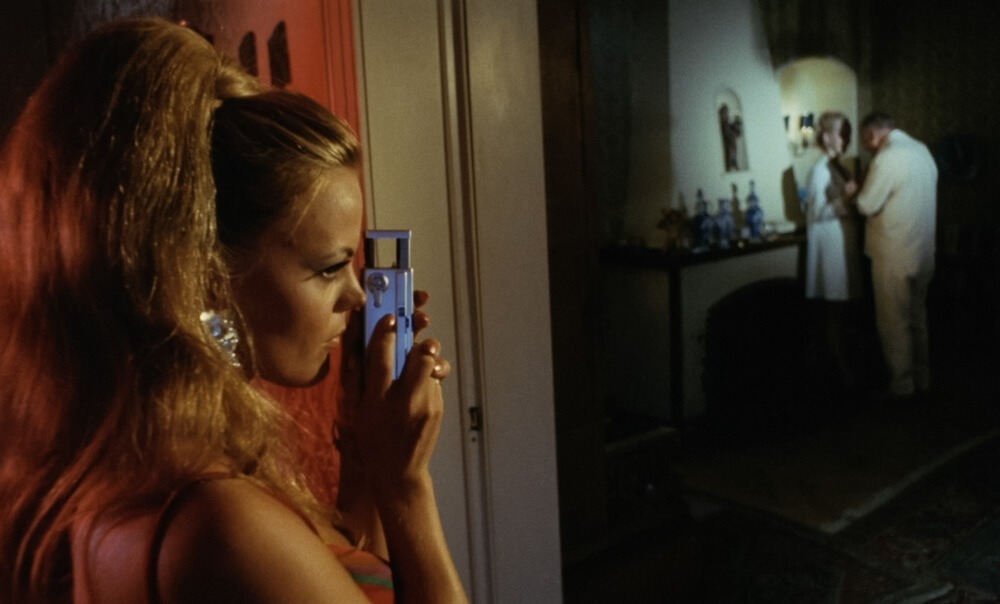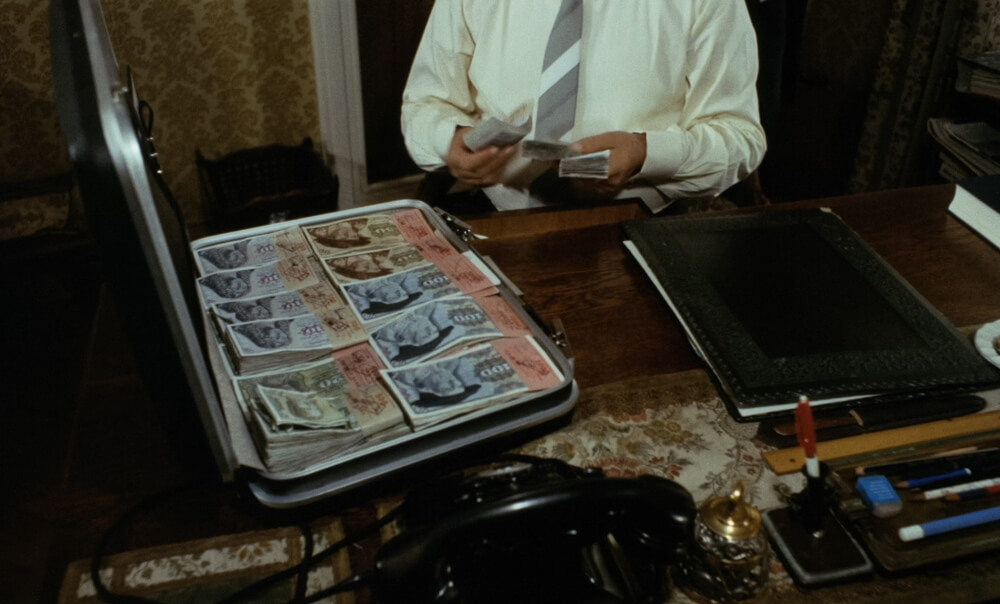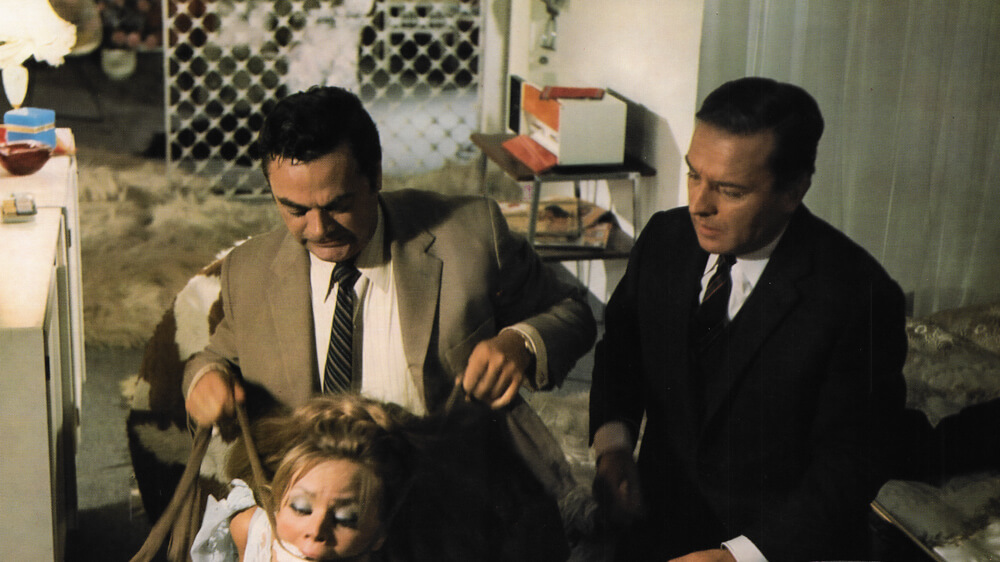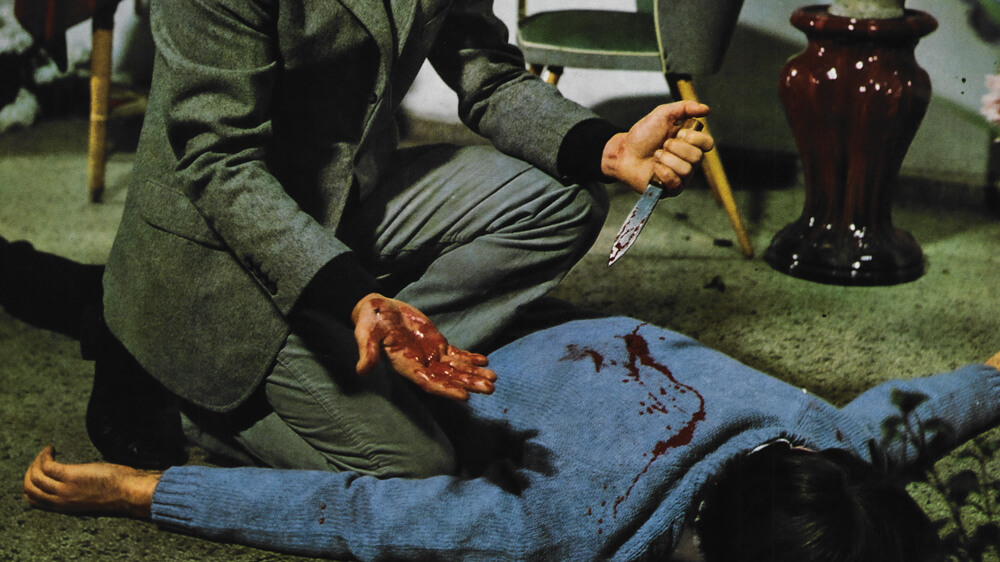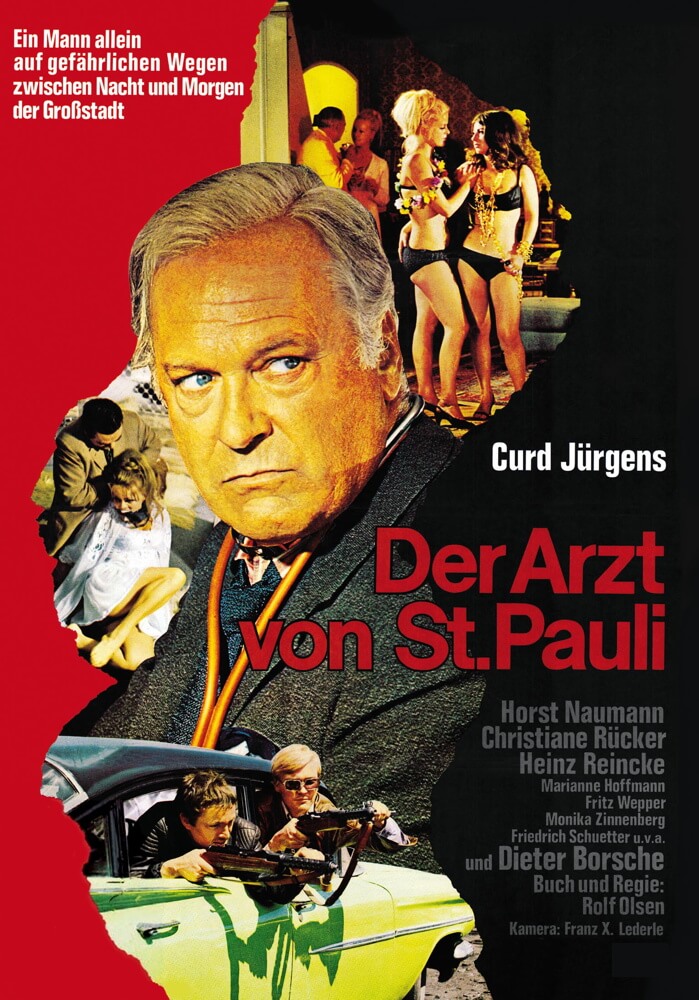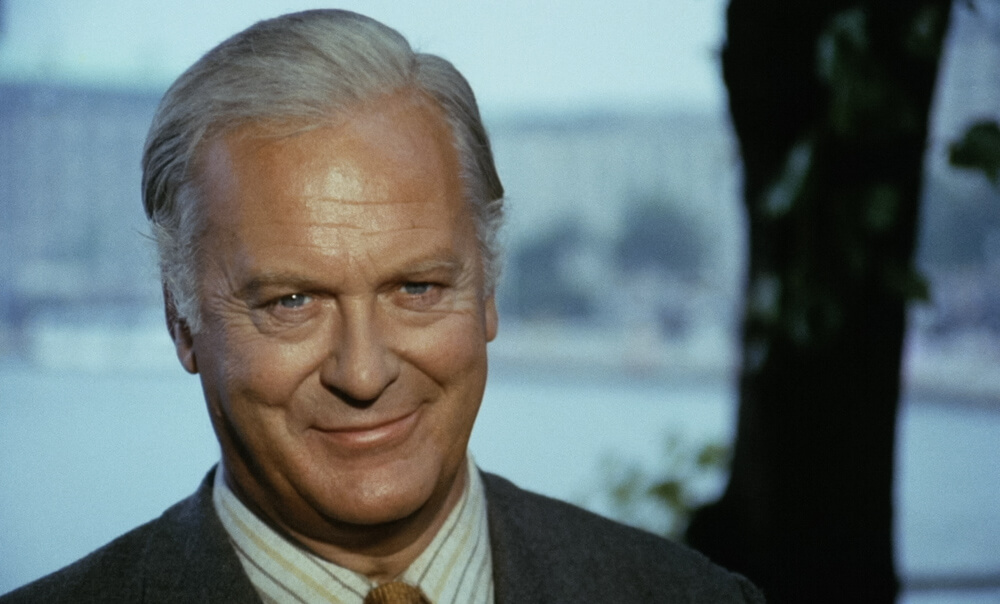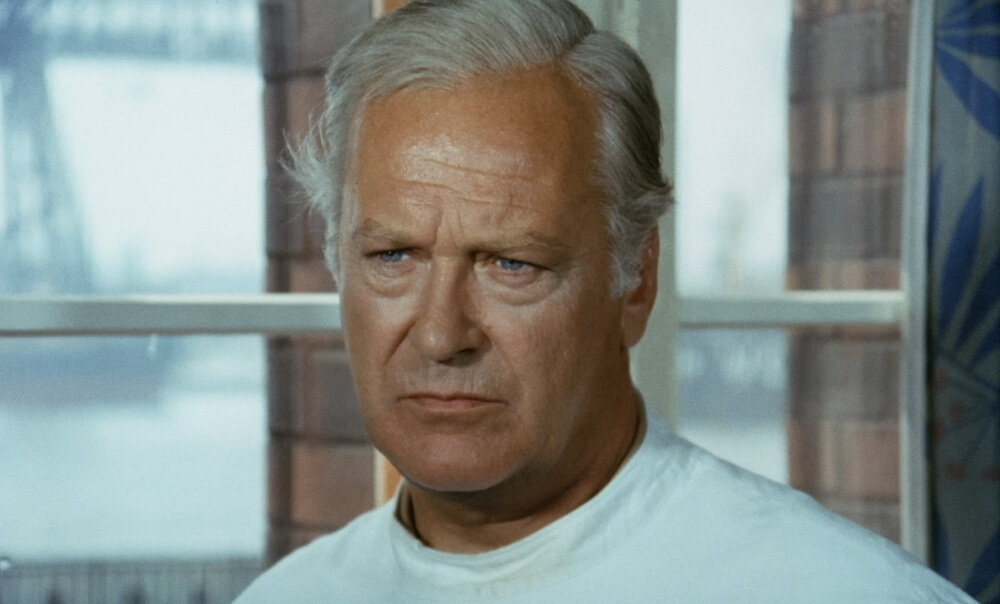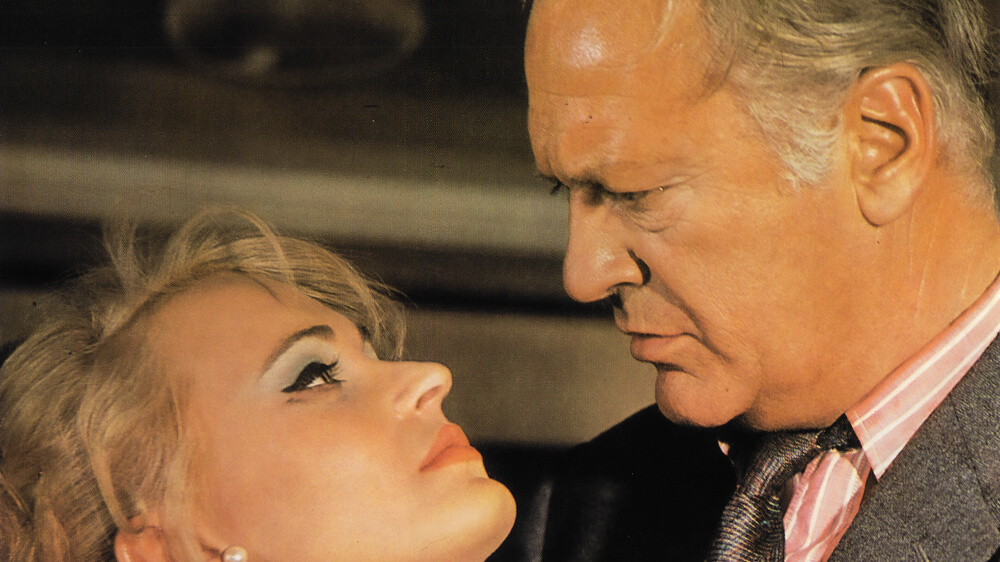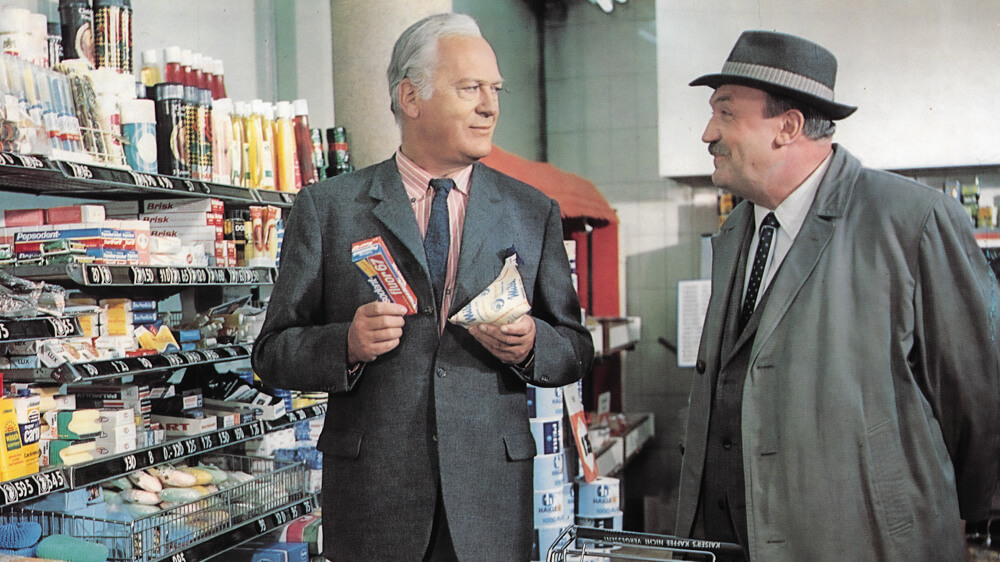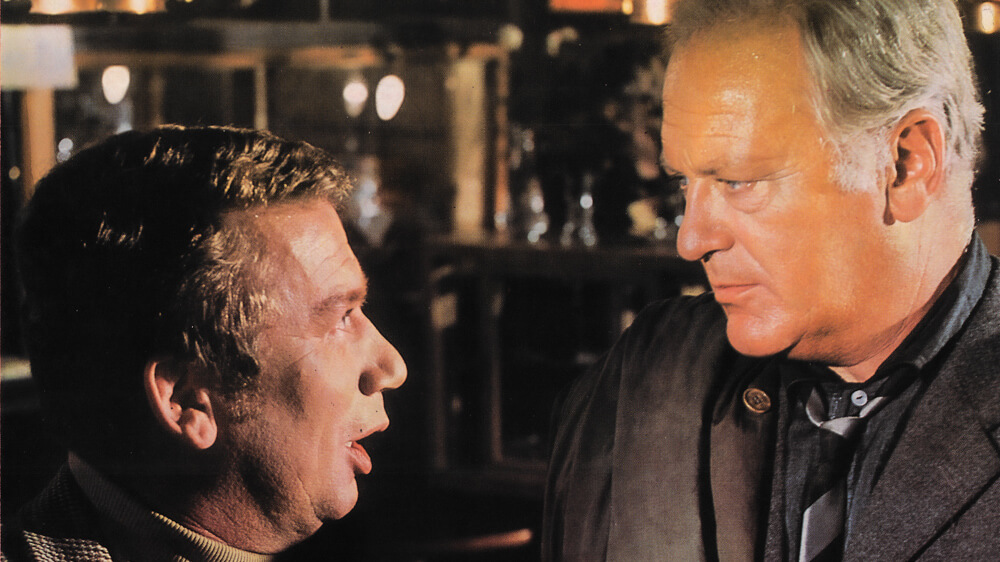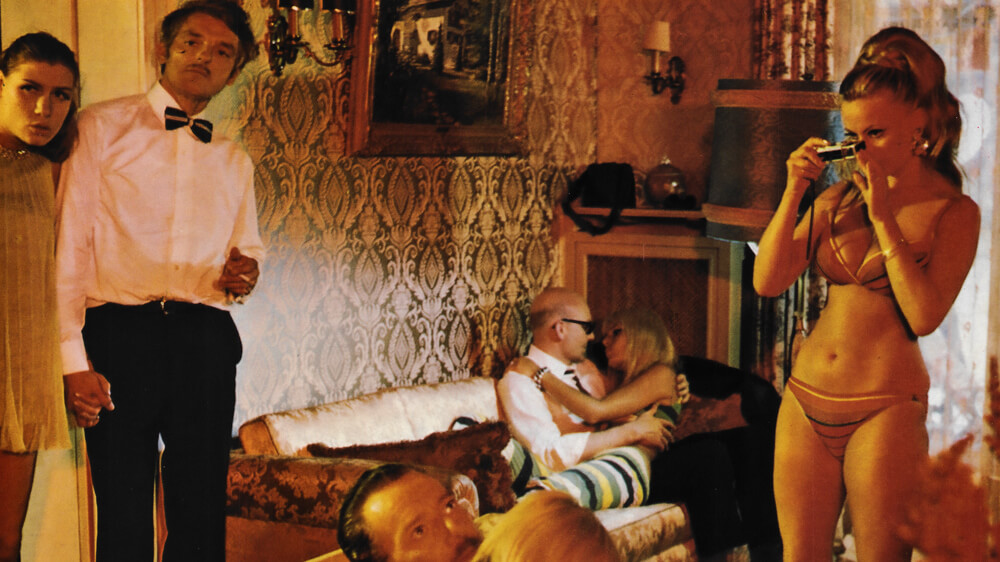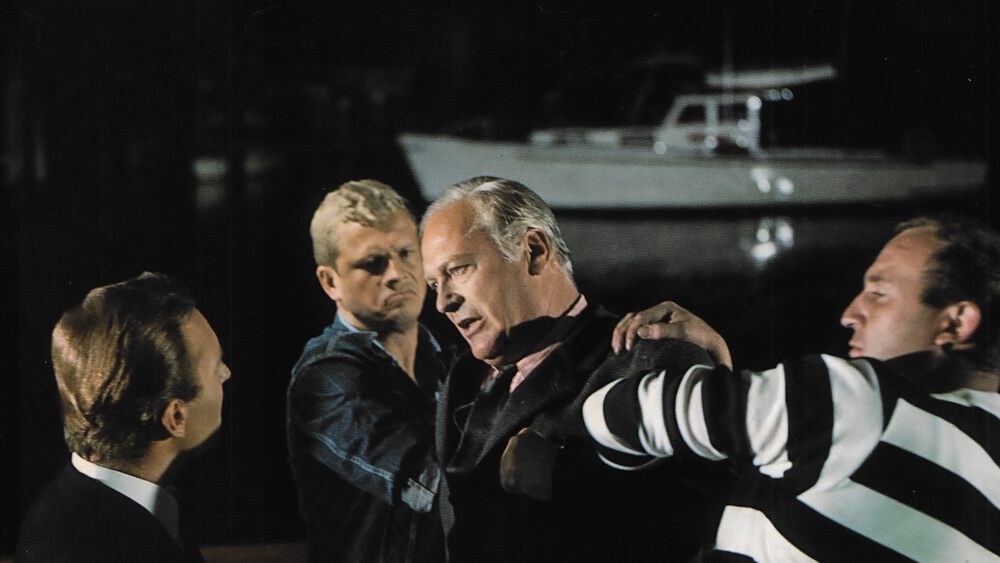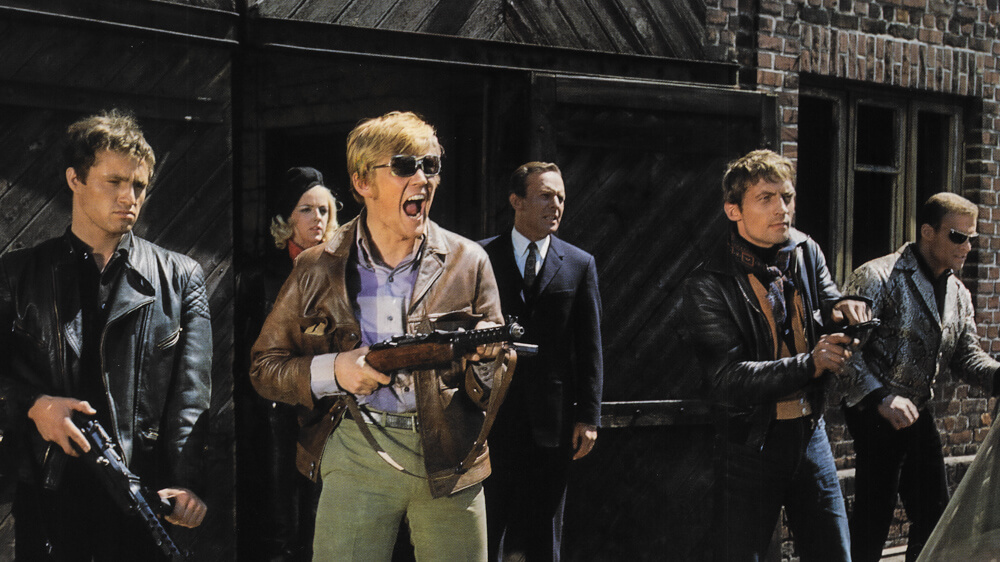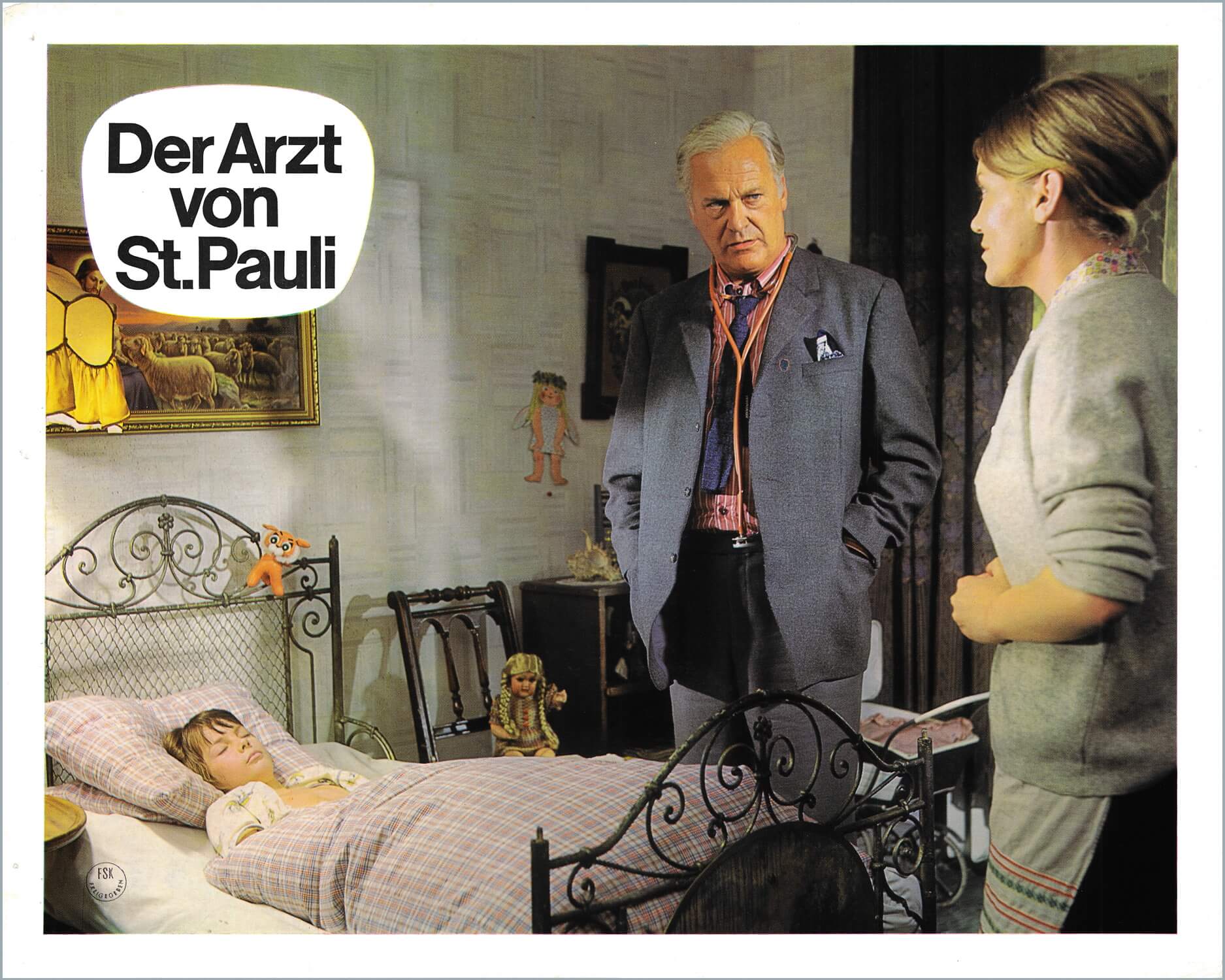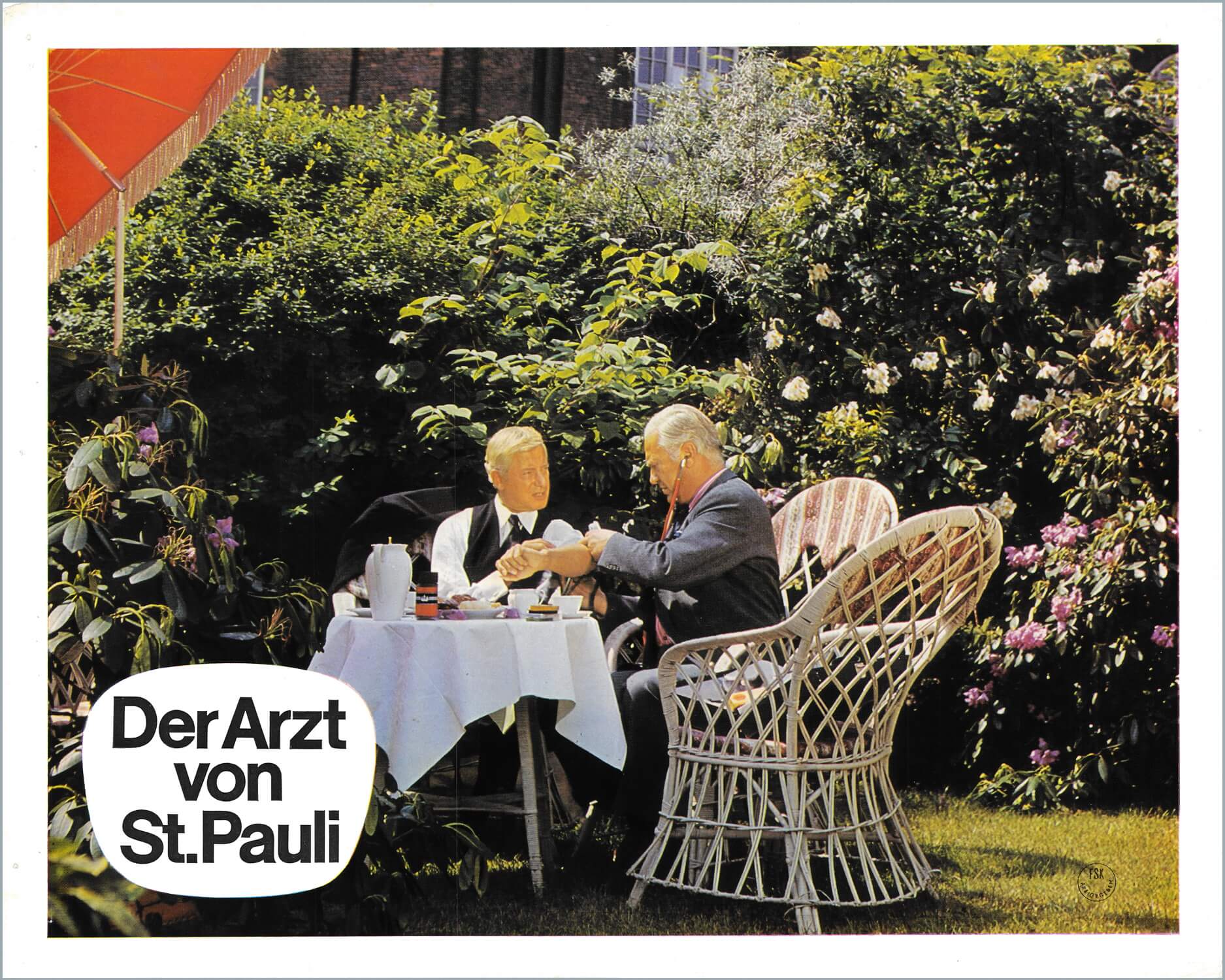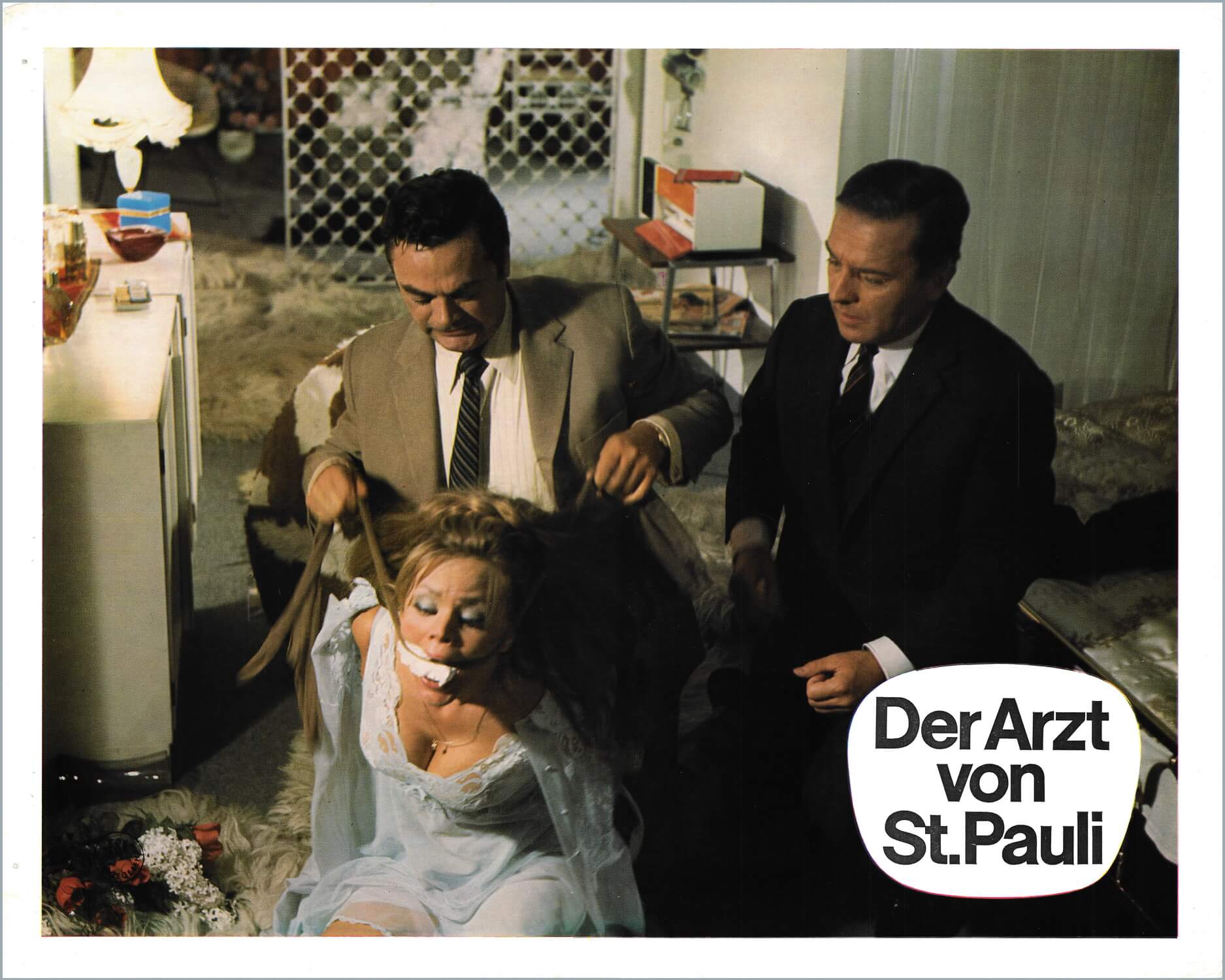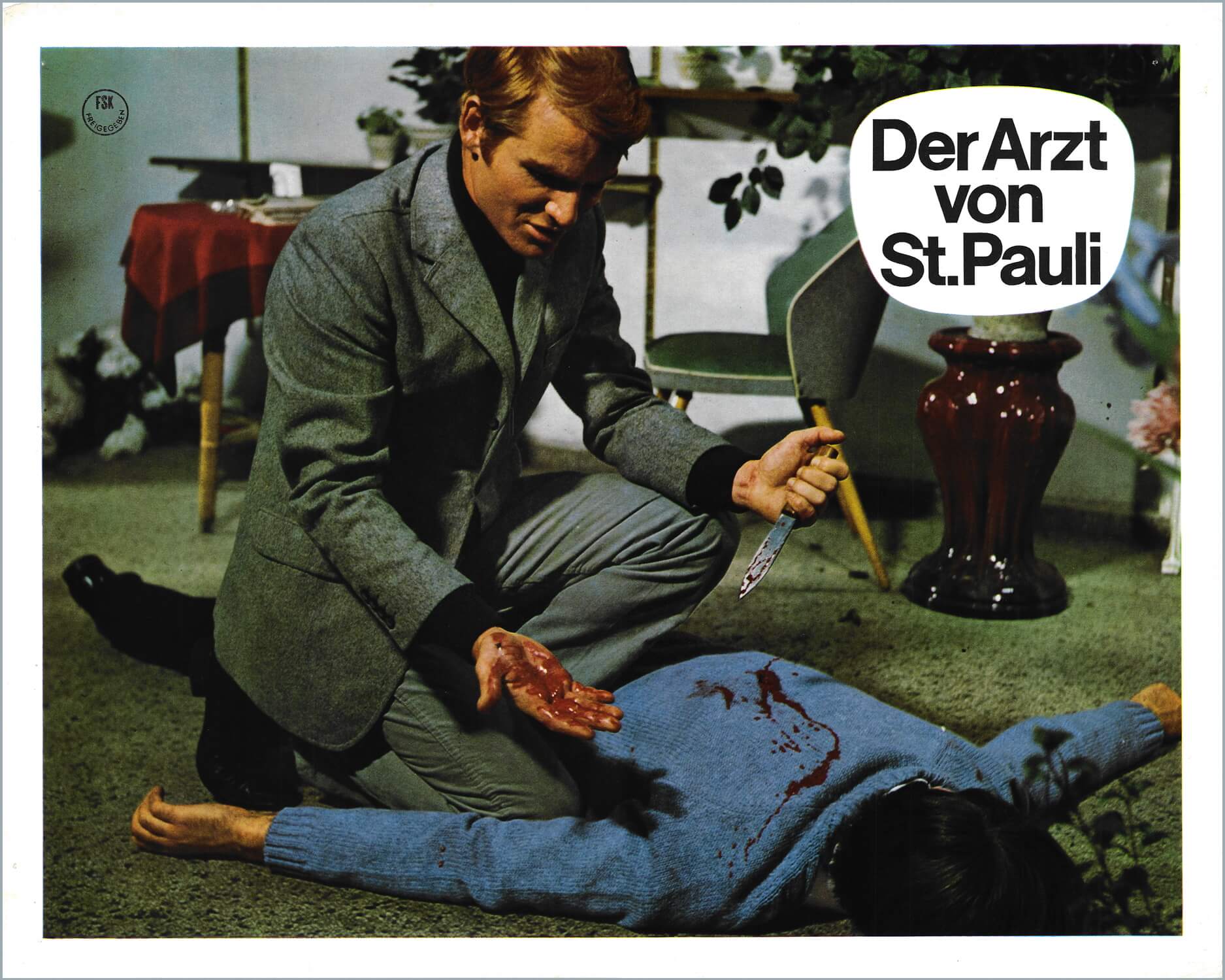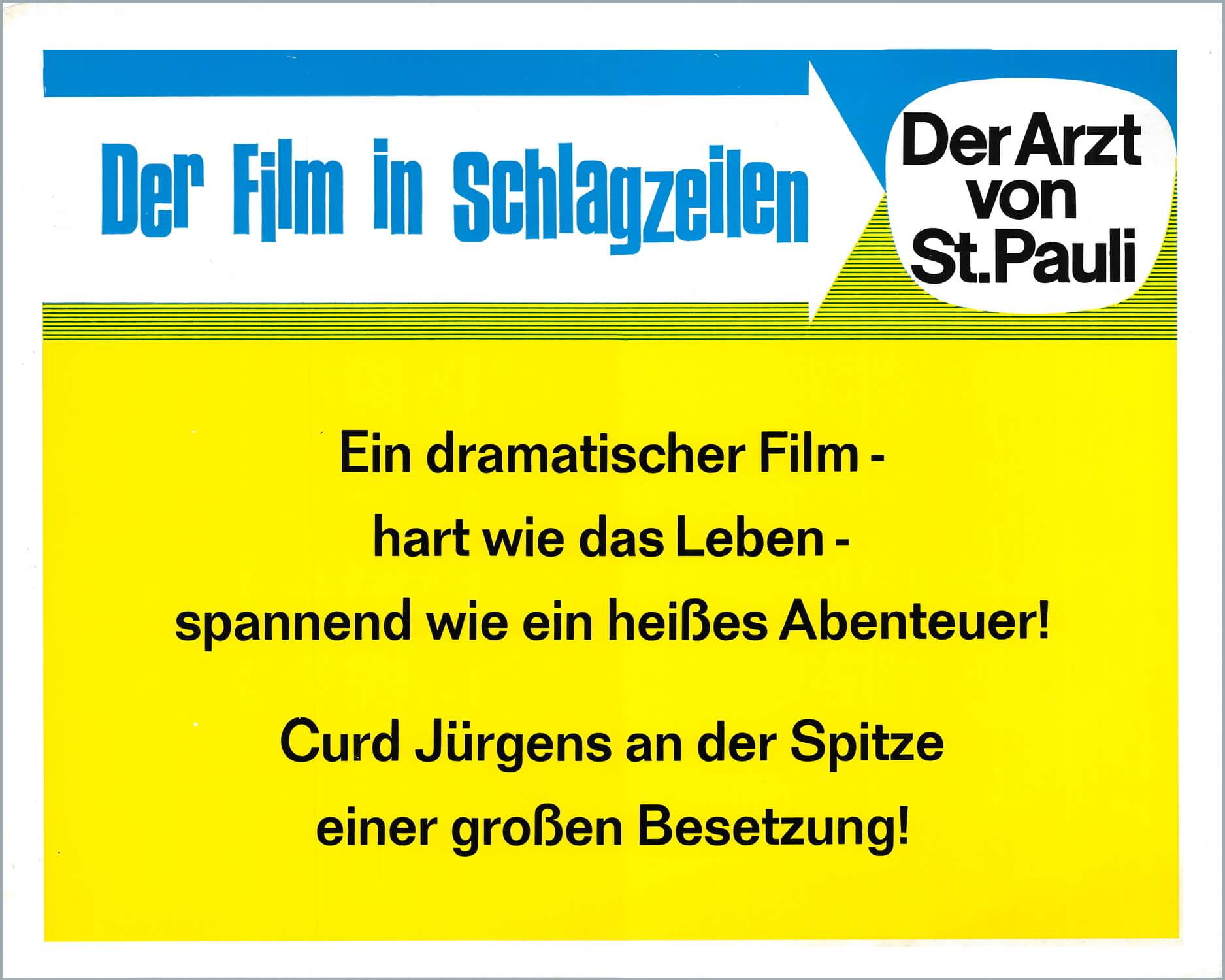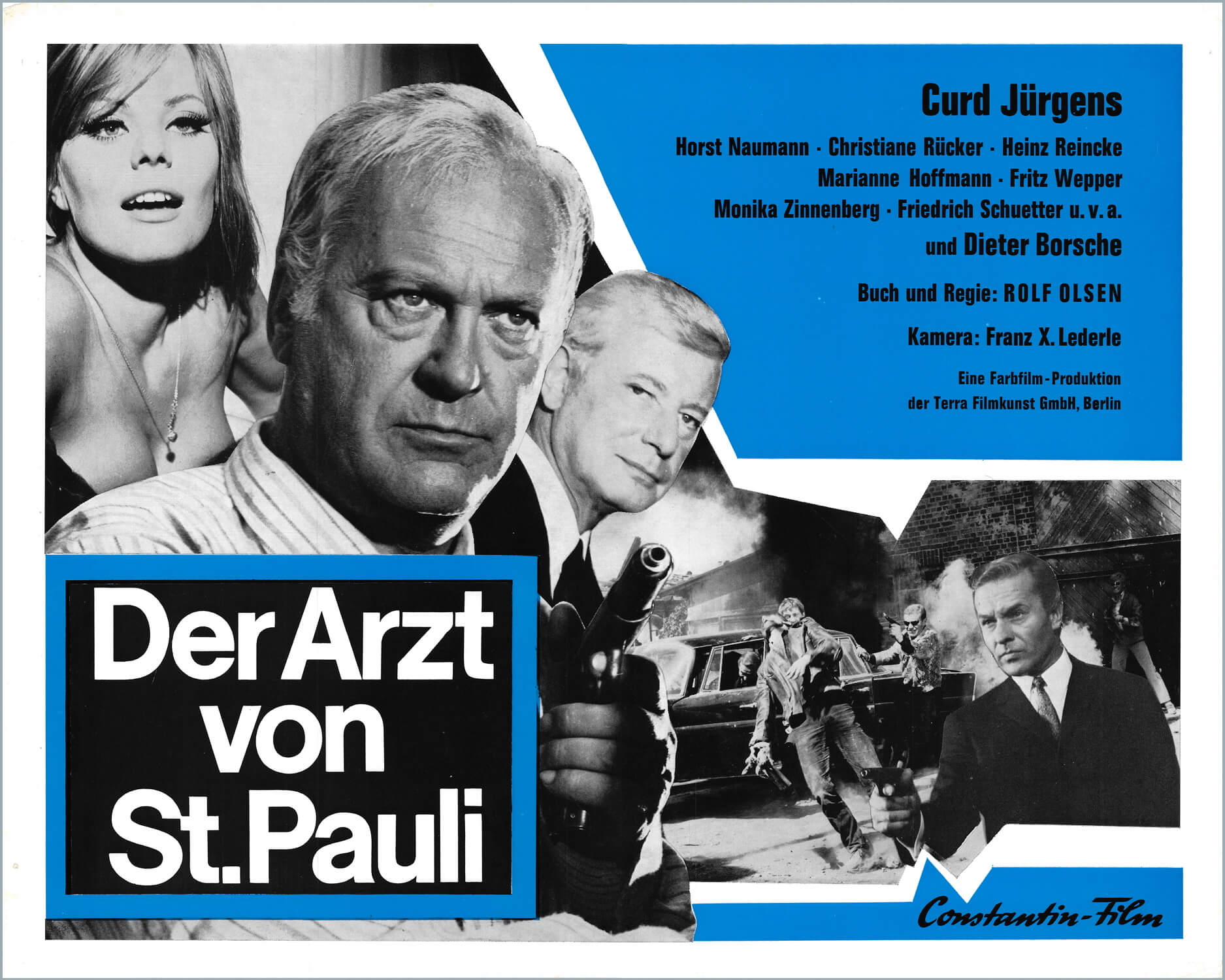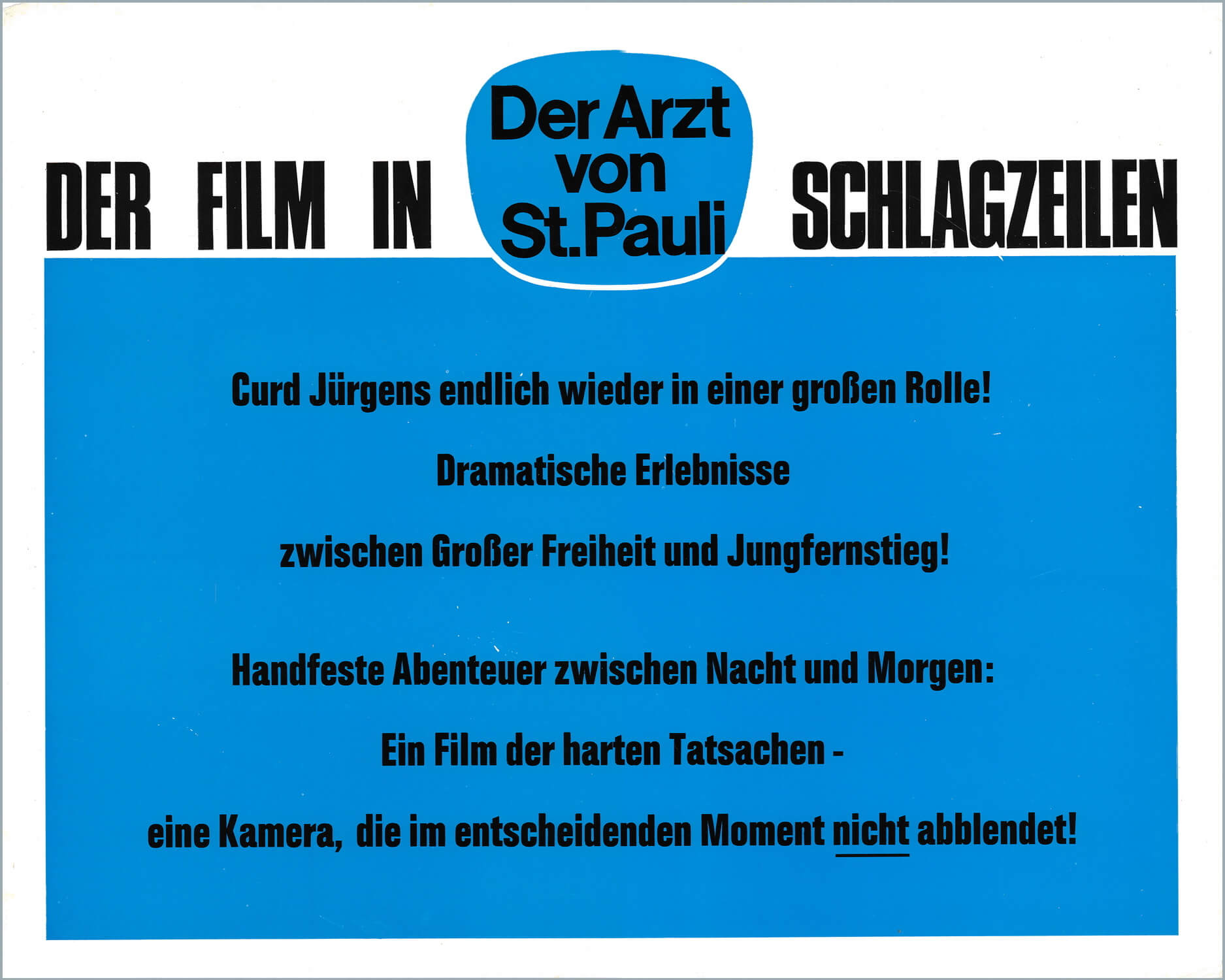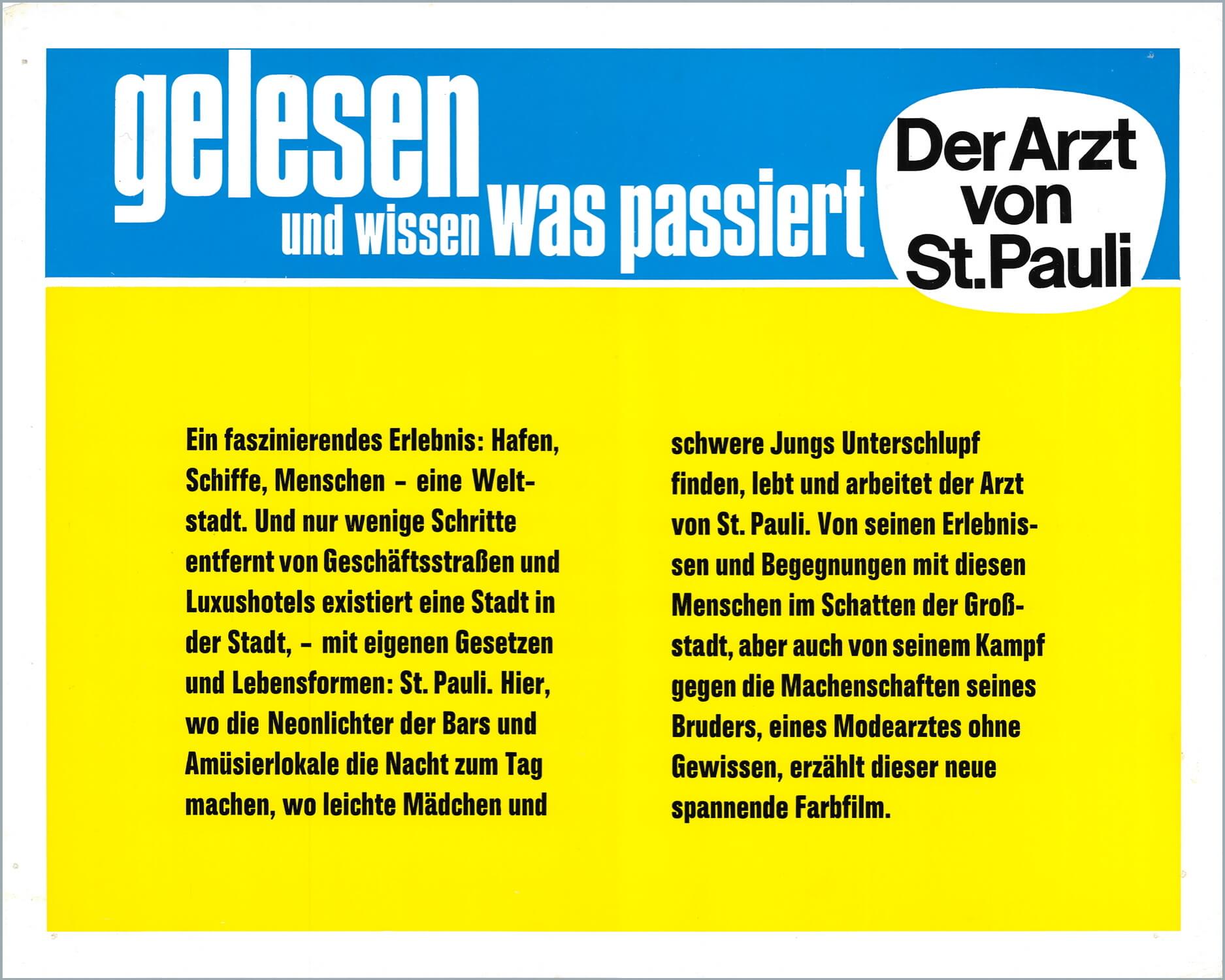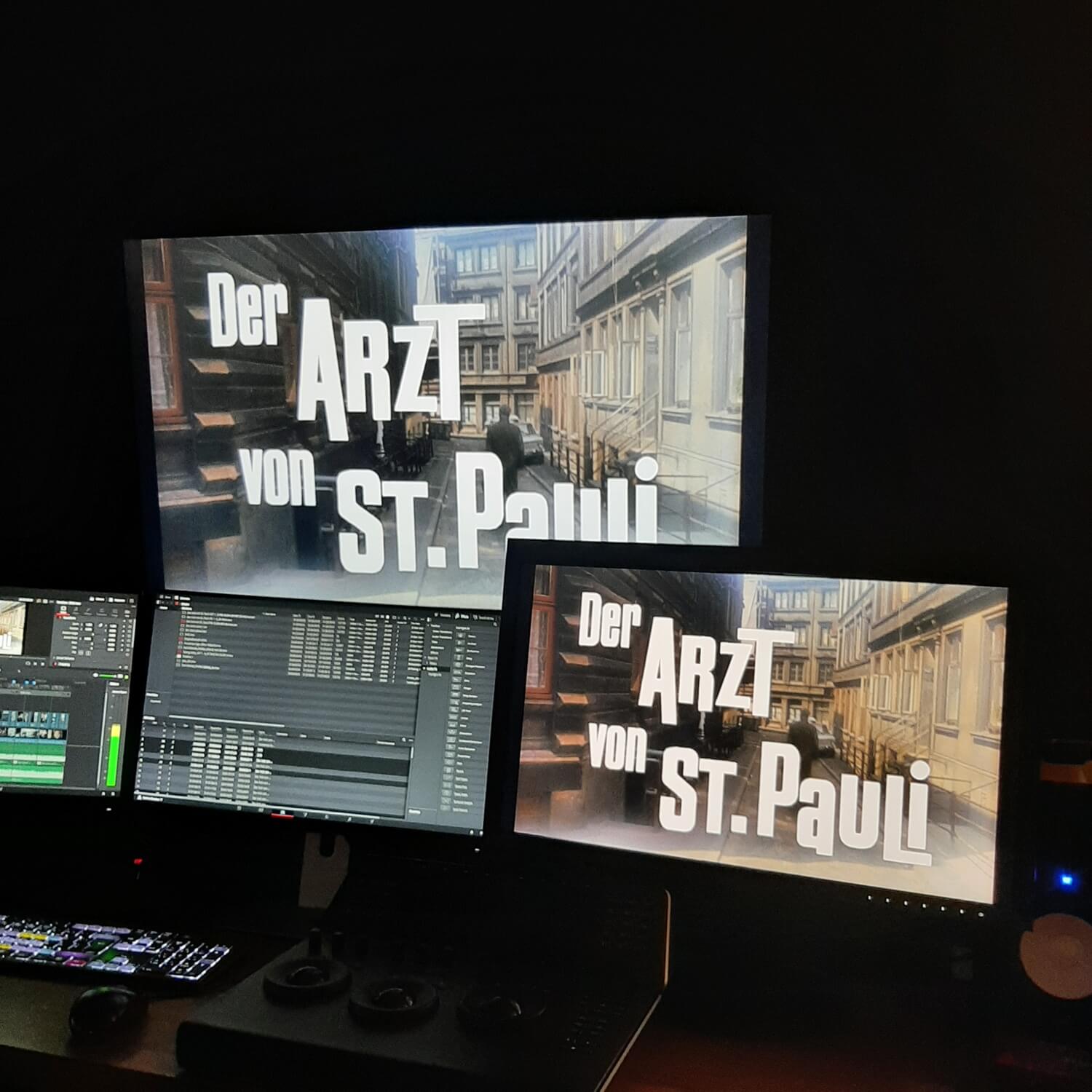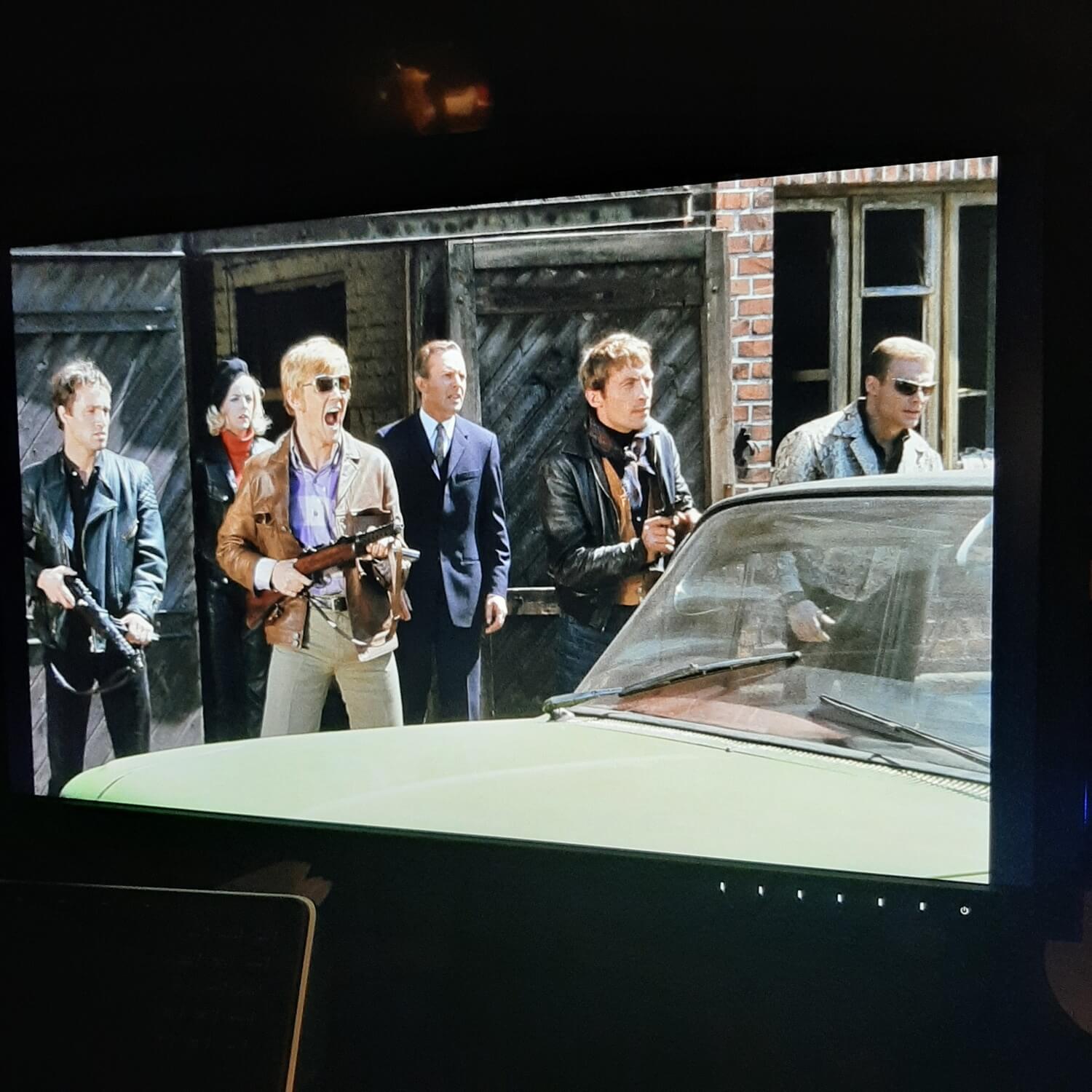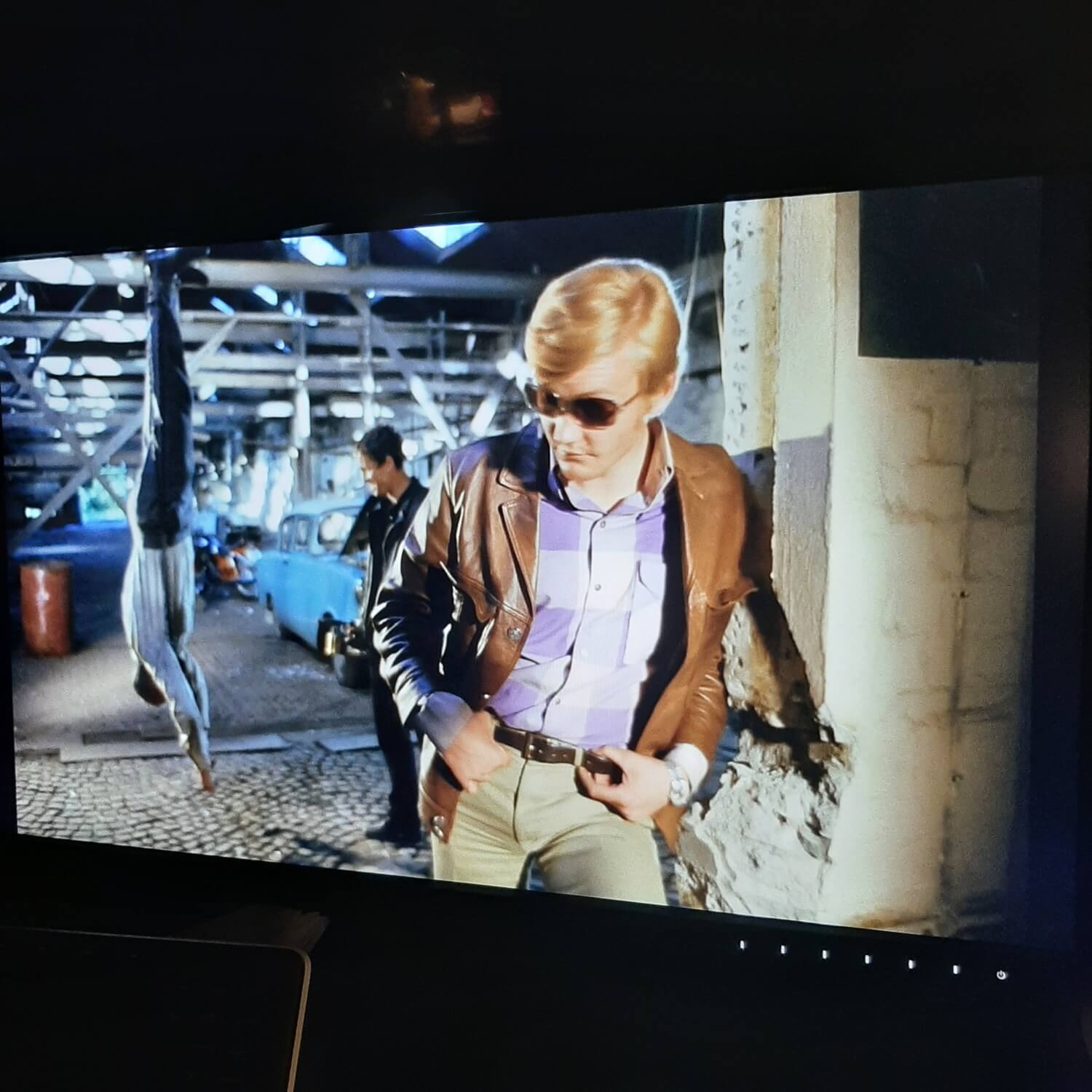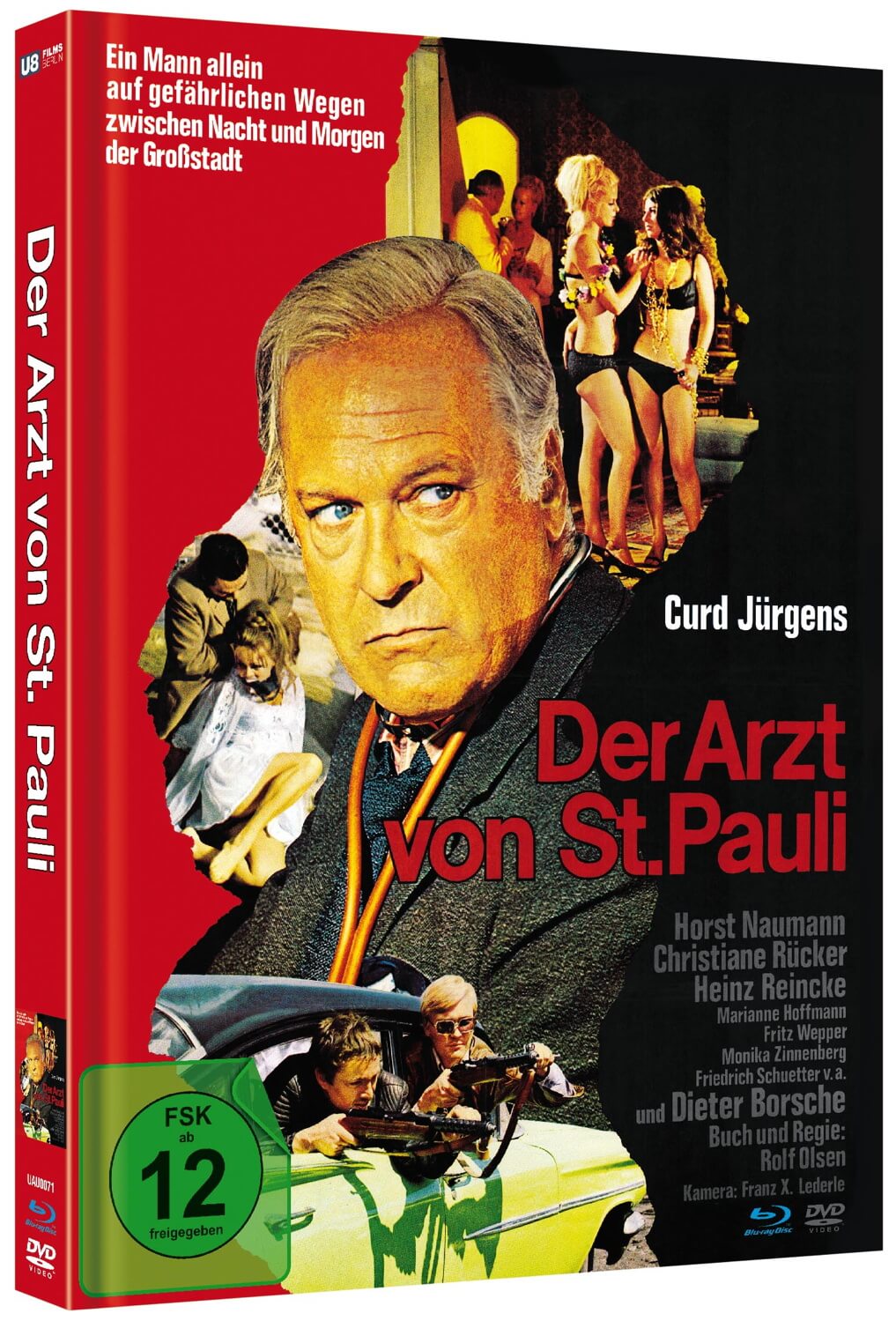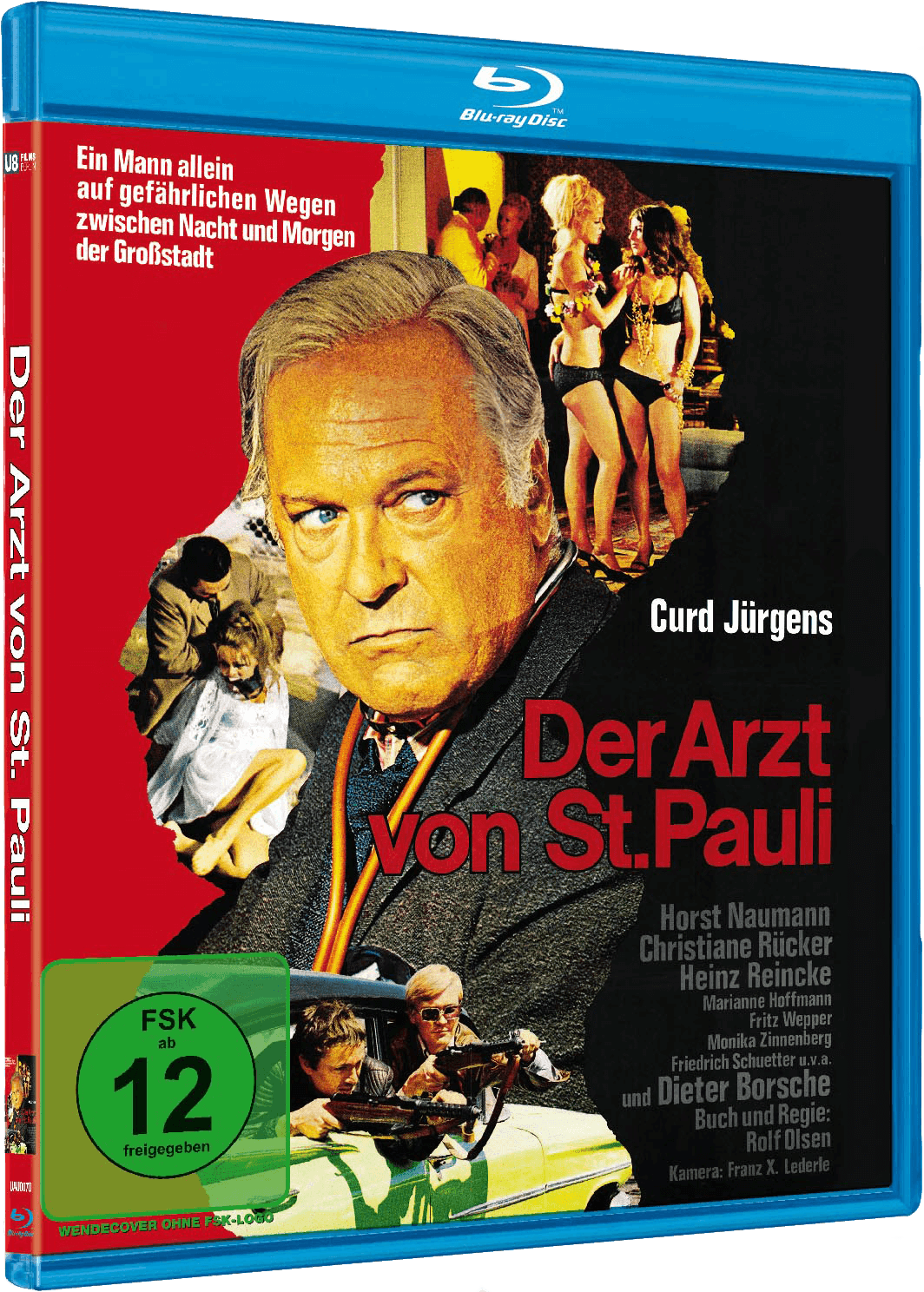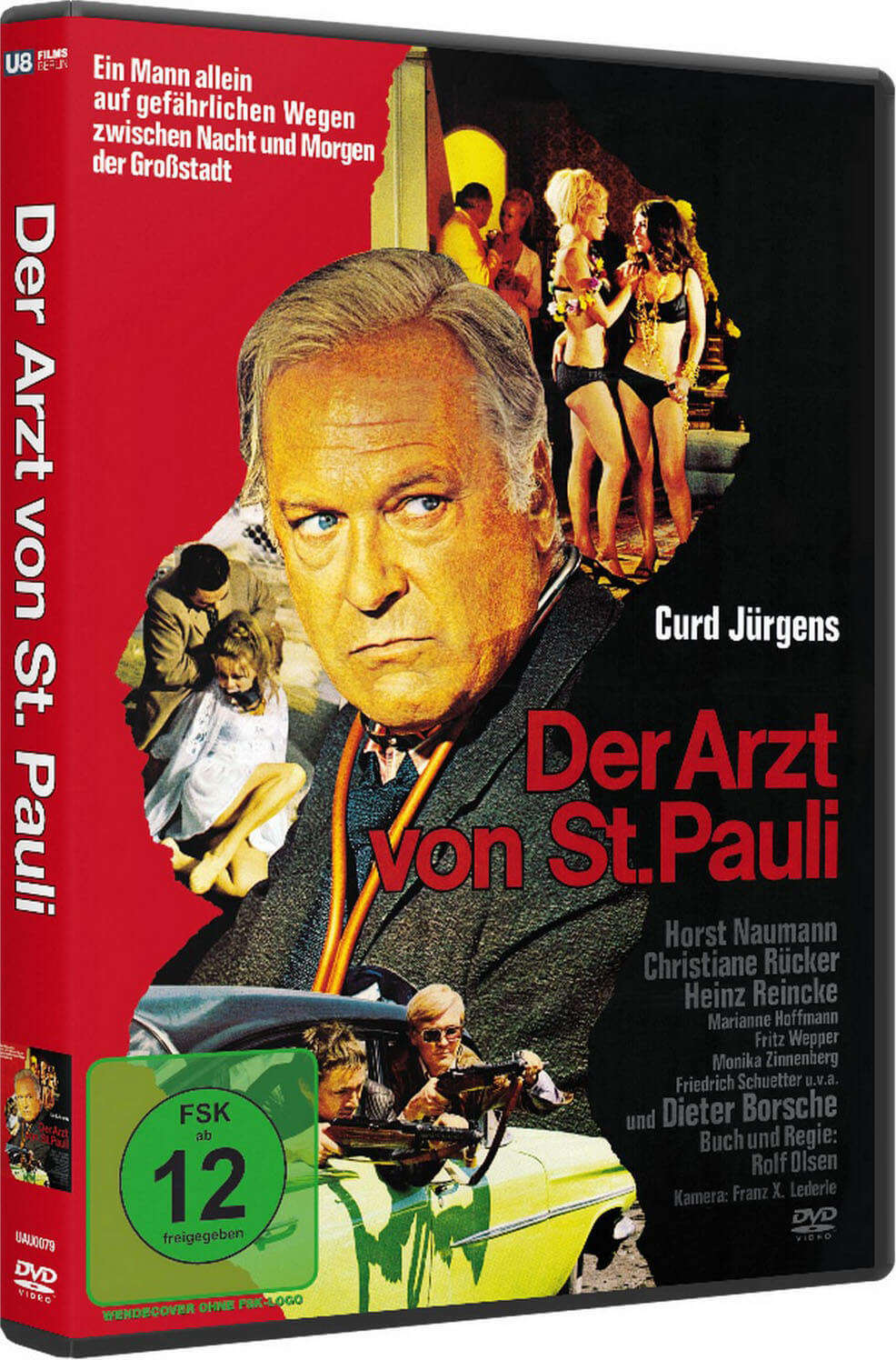Original title: Der Arzt von St. Pauli
Director: Rolf Olsen
Screenplay: Rolf Olsen
Directors: Curd Jürgens, Horst Naumann, Christiane Rücker, Heinz Reincke, Marianne Hoffmann, Fritz Wepper, Monika Zinnenberg, Friedrich Schütter, Suzanne Roquette, Michael Conti, Astrid Fournell, Hans W. Hamacher, Claus Tinney, Carlo Liebmann, Karin-Ute Warstat, Ingrid Castell, Peter Bach, Manfred Reddemann, Wolfgang Zerlett, Ursula Dietz, Britt Lindberg, Dieter Borsche, Mario Amtmann, Christian Brückner, Renate Danz, Arne Elsholtz, Beate Hasenau, Claus Jurichs, Christine Kuon, Dorothea Moritz, Rolf Olsen, Gabriele Rösch, Friedrich Schoenfelder, Karin Schubert, Renate Schubert, Dieter Wagner, Poldi Waraschitz
Producer: Heinz Willeg
Cinematography: Franz Xaver Lederle
Editing: Renate Willeg
Costume design: Hildegard Bürger
Music: Erwin Halletz
Proction company: Terra-Filmkunst
Year of production: 1968
Genres: Crime, Drama
Country: Germany
Language: German
Filming location: Hamburg
Length: 101 Min
Rating: FSK 18
Aspect ratio: 1.66 : 1
Sound Mix: Mono
Resolution: Full HD (neue 4K scan)


